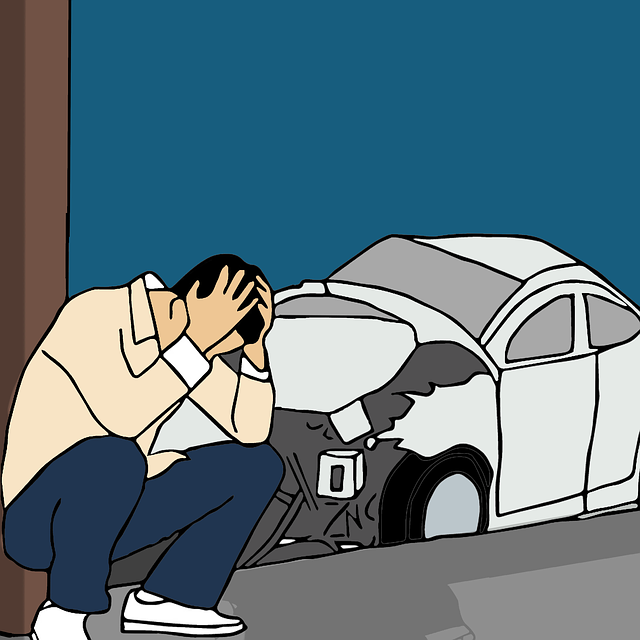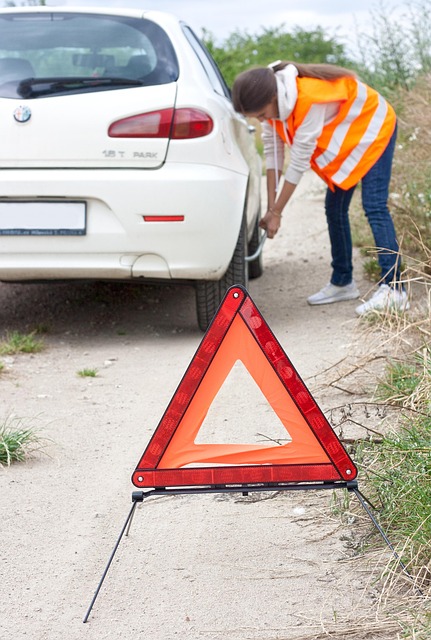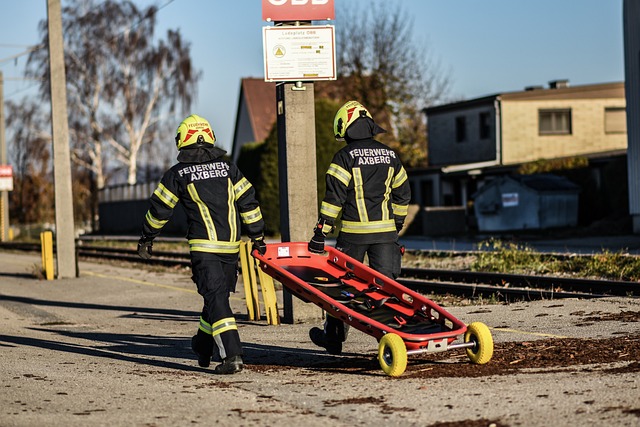A recent tanker truck accident on a major highway disrupts regional fuel supplies, causes environmental concern, and leads to legal investigations. The collision resulted in injuries, spills of hazardous cargo, stockouts, price increases, and emergency response efforts. Such accidents pose risks like flammable liquid leaks, impact local infrastructure, and necessitate swift coordination between authorities, cleanup crews, and legal experts to manage damage, prevent further disruptions, and assist victims seeking compensation for related losses.
A catastrophic tanker truck crash recently disrupted the regional fuel supply chain, sending shockwaves through communities and exposing vulnerabilities in our complex transportation networks. This unexpected incident not only caused significant environmental damage but also exposed the interdependence of businesses, essential services, and everyday consumers on seamless fuel distribution. In this article, we explore the far-reaching consequences of the accident, analyze its impact on the regional fuel supply chain, and delve into the reconstruction efforts aimed at restoring order and preventing future disruptions.
- The Incident: A Catastrophic Tanker Truck Crash
- – Description of the accident scene
- – Immediate impacts on local communities and transportation
The Incident: A Catastrophic Tanker Truck Crash

In a recent turn of events that has shaken the regional fuel industry, a catastrophic tanker truck crash occurred on a major highway, disrupting the delicate balance of the area’s fuel supply chain. The incident involved a massive collision between two vehicles, one being a fully loaded fuel tanker and another an 18-wheeler transport truck. The aftermath was devastating, with both drivers sustaining severe injuries and significant damage to crucial components of the tanker, leading to a spillage of its hazardous cargo.
This unforeseen tragedy not only resulted in life-threatening personal injuries but also caused widespread environmental concern. Immediate response teams were called in to manage the scene, contain the spill, and provide emergency medical assistance. The impact of this tanker truck accident has been far-reaching, with local fuel distributors facing stockouts and increased prices due to the sudden supply shortage. Individuals are urged to exercise caution while professionals, including experienced personal injury lawyers and auto accident attorneys, work towards understanding the circumstances surrounding this tragic event.
– Description of the accident scene

The scene of a tanker truck accident can be a chaotic and dangerous one, especially in remote or heavily populated areas. Imagine a large, metal vehicle, its tank filled with flammable liquids, lying on its side, spewing fuel into the environment. The ground is marked by deep gashes where the truck has collided with barriers or other obstacles, creating a hazardous mess that requires immediate attention.
Emergency responders rush to the scene, assessing the damage and prioritizing the safety of those involved. In such incidents, an auto accident lawyer may be needed to navigate the legal complexities, as the aftermath often involves claims for injury compensation, especially if negligence is involved. Even more critical in these cases is ensuring that local authorities and cleanup crews handle the situation properly to prevent further accidents, particularly in regions where disruptions to the fuel supply chain can have significant impacts on everyday life, including access to medical services and transportation, potentially highlighting instances of nursing home neglect or other emergency scenarios.
– Immediate impacts on local communities and transportation

A tanker truck accident can have immediate and far-reaching effects on local communities and transportation networks. In the aftermath of such an incident, residents often face significant disruptions in their daily lives, from fuel shortages that limit access to essential services like public transport and hospitals, to hazardous environmental concerns if the spillage involves flammable or toxic substances. These disruptions can lead to increased stress and financial burden on local businesses, impacting their operations and the overall economy of the region.
The immediate impacts extend to transportation as well. Road closures due to cleanup efforts and damage assessment can severely hinder traffic flow, causing lengthy delays and rerouting. This not only affects personal travel but also commercial trucking operations, potentially leading to delivery backlogs and supply chain disruptions. In such situations, it becomes crucial for authorities and emergency services to coordinate swiftly, ensuring the safety of responders and minimizing secondary hazards, while also considering the potential need for legal recourse, as a truck accident lawyer or truck accident attorney can help victims navigate their rights in cases of wrongful death or property damage.
A tanker truck accident can have a ripple effect, disrupting entire regional fuel supply chains and highlighting the vulnerability of our transportation infrastructure. The immediate consequences, as seen in recent events, include traffic congestion, environmental hazards, and economic impacts on local communities. Moving forward, addressing safety protocols, emergency response planning, and alternative fuel distribution strategies is paramount to mitigate the disruption caused by these catastrophic incidents.





